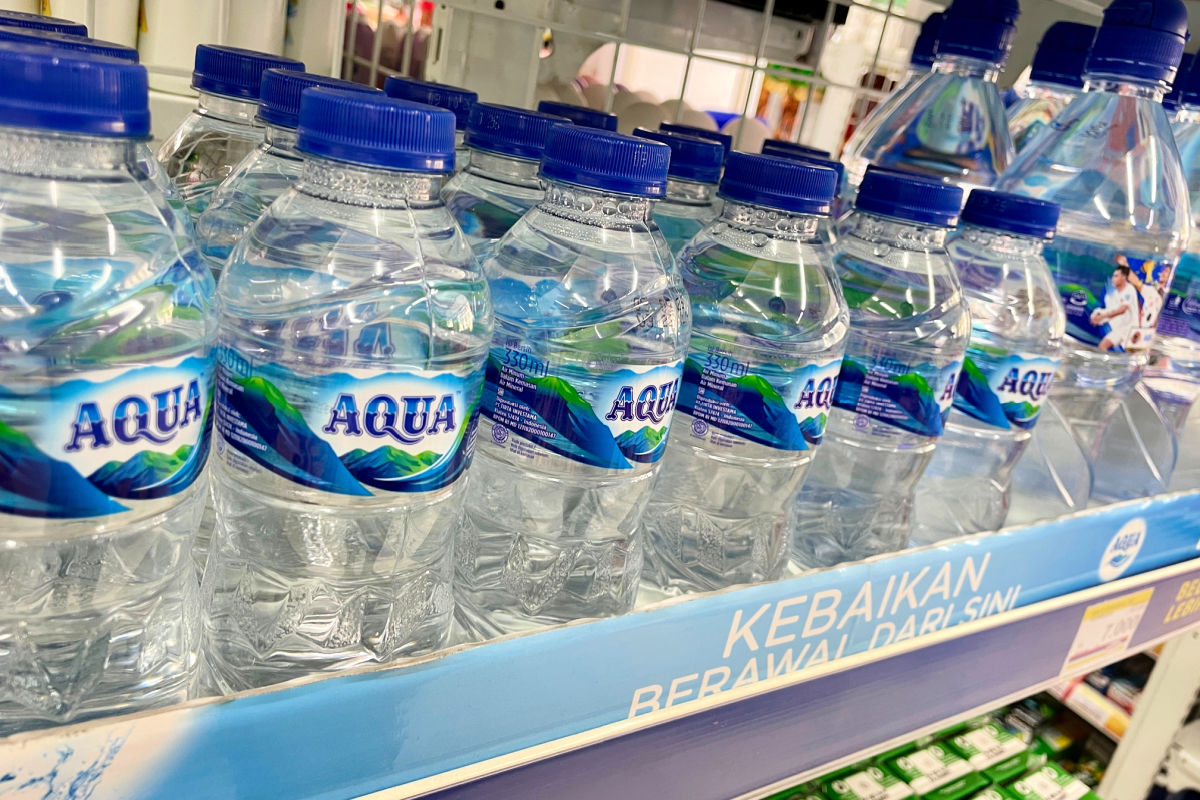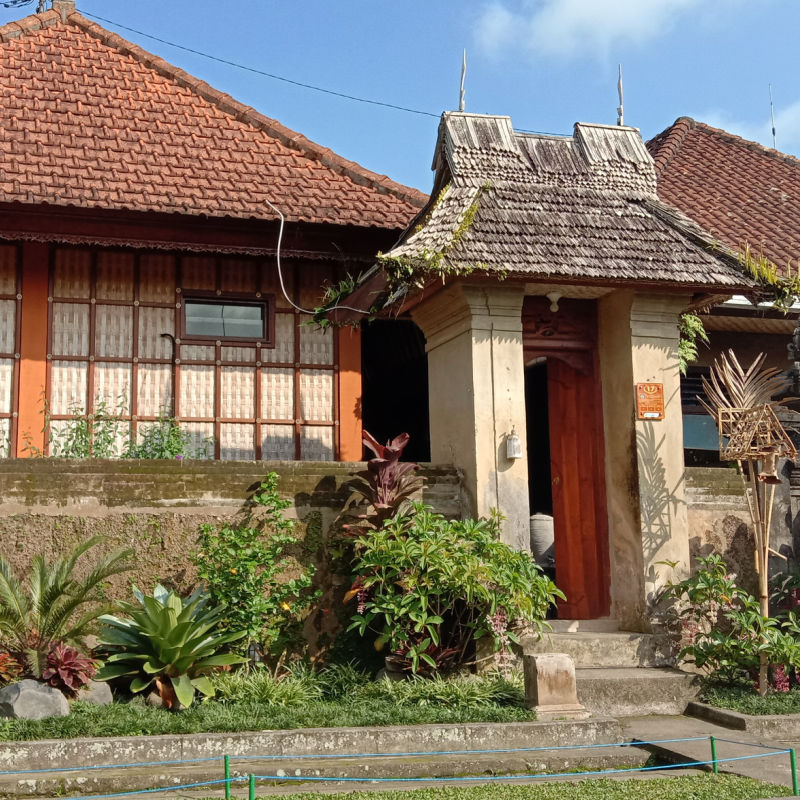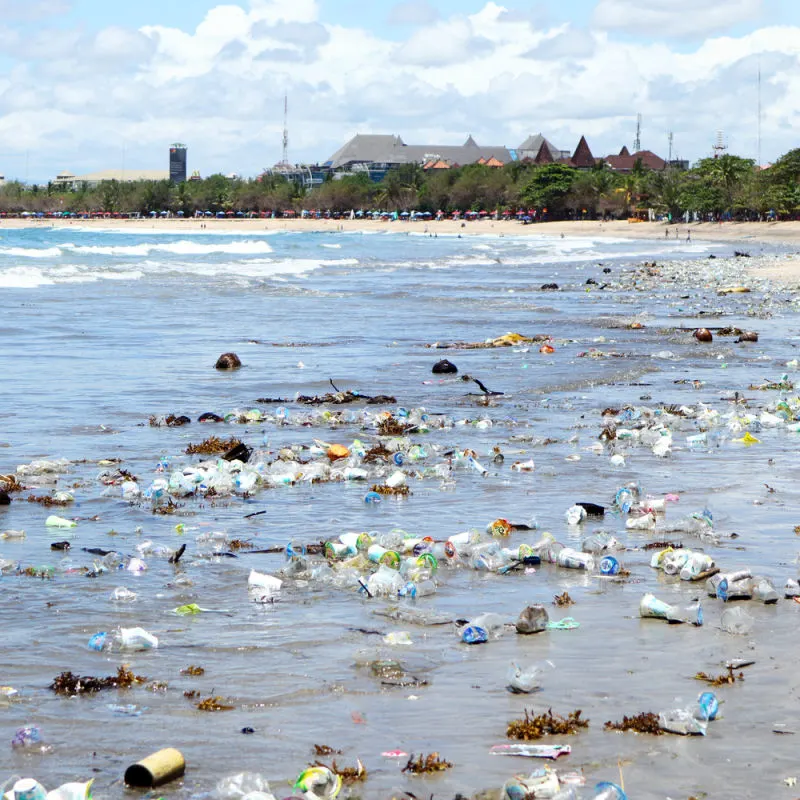Policy advisers and academics in Bali are calling for a serious reconsideration of the province’s announcement to ban single-use plastics, with a specific focus on the ban on bottles under 1 liter.
Bali Governor Wayan Koster announced the new policy as part of a mission to clean up Bali, including its top tourism resorts, by 2027.

The Bali Waste Clean-Up Movement formally came into effect on April 11, 2025. The policy changes were stated in new legislation in Circular Letter Number 9 of 2025.
The policy has put far more focus on businesses, especially those in the tourism sector, to take greater responsibility for their waste management.
Governor Koster has implored that all businesses create and integrate their own waste management protocols and those found to be flouting the new rules will be fined, or even have their business licenses taken away.
One of the biggest policy changes that affects all people in Bali, from local communities to international tourists, is the ban on single-use plastics. Governor Koster has created legislation that specifically bans single-use plastic water bottles that are under one liter in capacity.
However, many leaders in Bali feel that the legislation changes have been implemented too hastily and that a different approach could be more sustainable and impactful in the long run.
Speaking to reporters, Dr. I Nyoman Subanda, an academic and public policy observer from the National Education University, Undiknas n Denpasar, shared his insights on how policy changes regarding waste management could best benefit local people and tourists and help protect the environment.
Dr Subanda shared “I agree with the Governor’s enthusiasm to reduce plastic waste. However, this kind of policy must go through an in-depth study. It needs to be seen first, is it true that small drinking water packaging is the biggest contributor to waste? Or are there other types of plastic waste that are more dominant such as plastic bags or sachets.”
He added “Policies should not be made in a hurry. There must be socialization first, accompanied by supporting resources and funds. Otherwise, the implementation will be chaotic.”
He has called for more research to be completed before the ban becomes strictly implemented, he is concerned that many businesses and communities across Bali are simply not prepared or well-resourced enough to facilitate the changes.

Dr Subanda shared “If the village or hamlet does not support [this policy], it will not be effective. The provincial government cannot go alone.”
He also raised concerns about the banning of small plastic bottles. While data shows that small water bottles and single-use plastic cups of water are amongst the most common items of plastic waste found in Bali’s beaches, rivers, and landfills, they also serve an important purpose for Balinese people in the modern day.

Dr Subanda shared “Small bottled water is very much needed during traditional activities involving many residents. If it is prohibited, the community will have difficulties. This means that the policy is not yet in line with the needs of the village community.”
Many would also share that Balinese communities conducted their traditional activities for hundreds of years before the relatively recent introduction of the single-use plastic water bottle and could, in theory, easily do so again. Nevertheless, it must be acknowledged that times have changed; Bali’s freshwater sources are also at risk of pollution and are far less accessible than they once were.
Dr Subanda told reporters “Business people who have been relying on their businesses from small bottled drinking water will certainly suffer losses. They have employees who must also be provided with a living. So there must be negotiations and solutions from the provincial government.”

He concluded, “The discussion should not only be in the government room. It must involve all parties: the community, academics, and entrepreneurs. Don’t just force policies from above.”
Tourists traveling to Bali are advised to bring with them a reusable water bottle and to make the most of free filter water refill stations on offer at almost all accommodations, at many tourist attractions, cafes, restaurants, and beach clubs.
Remove All Ads & Unlock All Articles… Sign up for The Bali Sun Premium

Plan Your Bali Holiday:
Book The Best English Speaking Drivers For Airport Transfers & Tours
Choose From Thousands of Bali Hotels, Resorts, and Hostels with Free Cancellation On Most Properties
Book Cheap Flights To Bali
Don’t Forget Travel Insurance That Covers Medical Expenses In Bali
For the latest Bali News & Debate Join our Facebook Community
SUBSCRIBE TO NEW POSTS
Enter your email address to subscribe to The Bali Sun’s latest breaking news, straight to your inbox.
Discover more from The Bali Sun
Subscribe to get the latest posts sent to your email.

Wayne Albury
Wednesday 21st of May 2025
Attn Wayan Koster (via Bali Sun) Hi Wayan, I applaud your moves re this issue! There is one aspect I encountered recently which is illogical. You had airport security (@Denpasur to MELB) demanding that every passenger with an empty water bottle throw it away. In other words even though I had been using this single bottle for the last 2 years (and it had been with me through France, Spain, NT, QLD) it somehow made environmental sense for me to bid goodbye to it at Denpasar. How, why? Points: 1. I was leaving so you were unnecessarily adding to your own waste you had to deal with. 2. You had to employ people to implement this. They couldn't explain it, but they did well! However everyone knew it was stupid. Fix it.
Matthew Sayles
Monday 28th of April 2025
Oh dear. These people are holding back the required move forward needed for years. Obviousely he has never set foot on a beach in Ahmed or Kuta or dived in the region. Without plastic the manufacturing companies will find new ways of packaging in a heartbeat. Profit will drive it. What is wrong with tins? Paper cups? Selofane?
BRENDAN
Monday 28th of April 2025
Fiallt a voice common sense
Mr Bear Snr
Sunday 27th of April 2025
Make empty plastic bottles worth 500Rp. There won't be any plastic bottles lying anywhere any longer.
Sue
Sunday 27th of April 2025
Why not use some of the $15 tourist levy towards a cash for bottles? The locals will benefit as will bali. Then recycle them. Just a suggestion
Paul Morris
Monday 28th of April 2025
@Sue, Great idea money for the many poor people on the island it should be a no brainer but unfortunately your idea won’t see the light of day there are too many fingers in the very big pie of free money ( tourist tax) there is no accountability as to where all the money collected so far has gone all you see in this paper is talk about how much money hasn’t been collected because tourists aren’t paying the tax and to be honest I don’t believe it, money can easily disappear when you have a amateur setup for collecting the taxes at the airport. Once again as I said when the tax was first being introduced it should be collected when you are leaving Bali , we used to have to pay a departure tax when leaving the island you would be given a stamped receipt which you had to show before you went through customs if you didn’t have a receipt you could not go through. Not hard to setup if you want to maximise your tourism tax.